
A GROUP OF AROUND TEN PEOPLE arrived outside the Hyatt Regency in Ahmedabad early in the morning of 14 February 2016. Chanting "Jai Shri Ram" and "Shah Rukh Khan hai hai," they threw stones into the hotel's parking lot, shattering the windshield of a car that the actor had been using. They soon fled the scene but, after the hotel's security officer filed a complaint, the police arrested seven activists of the Vishva Hindu Parishad on charges of rioting and property damage. Later that day, upon hearing that members of the ruling Bharatiya Janata Party's youth wing were planning to burn an effigy of Khan outside the hotel, the police cordoned off the area and detained 17 protesters.
Three months earlier, at a Twitter Townhall telecast on the news channel India Today on Khan's fiftieth birthday, the journalist Rajdeep Sardesai had asked him whether there was growing intolerance in the country. "There is extreme intolerance," he replied. "People put words in the air even before thinking. And here is a secular country. Here is a country, perhaps for the last ten years, on the cusp of going beyond what we think. We keep talking about modern India, we keep talking about progressing, we keep talking about new India and we just keep talking." The youth, he said, would not stand for such intolerance. "Not being secular is the worst kind of crime you can do as a patriot."
Bu hikaye The Caravan dergisinin January 2023 sayısından alınmıştır.
Start your 7-day Magzter GOLD free trial to access thousands of curated premium stories, and 9,000+ magazines and newspapers.
Already a subscriber ? Giriş Yap
Bu hikaye The Caravan dergisinin January 2023 sayısından alınmıştır.
Start your 7-day Magzter GOLD free trial to access thousands of curated premium stories, and 9,000+ magazines and newspapers.
Already a subscriber? Giriş Yap

FROM WHERE THE ORDERS CAME
ARMY OFFICERS TESTIFY THAT TWO GENERALS OVERSAW THE TORTURE AND MURDER OF CIVILIANS IN POONCH
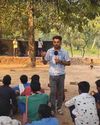
Risking It All
What Mukesh Chandrakar’s murder reveals about reporting from Bastar
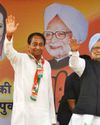
The Good Doctor Had His Problems
What we cannot ignore about Manmohan Singh
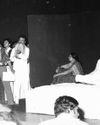
"THERE LIES MY COUNTRY"
Undoing nationalisms in Fahmida Riaz's exile writings
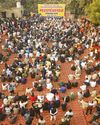
CAPITAL GAINS
The BJP's strategy to unseat the AAP in Delhi
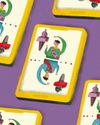
Peeling the Layers
The philosophy behind The Savala Vada, India's The Onion
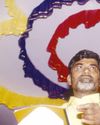
DRIVE TO SURVIVE
The discreet charm of Chandrababu Naidu
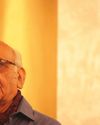
HOW TO SEE ART?
BN Goswamy's strategies of seeing
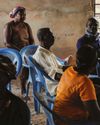
Bitter Crop
Ghana's cacao plantations in crisis
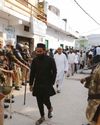
SURVEYORS OF DESTRUCTION
An atmosphere of fear persists in the wake of the Sambhal violence